5 reasons why banning zinc oxide is good
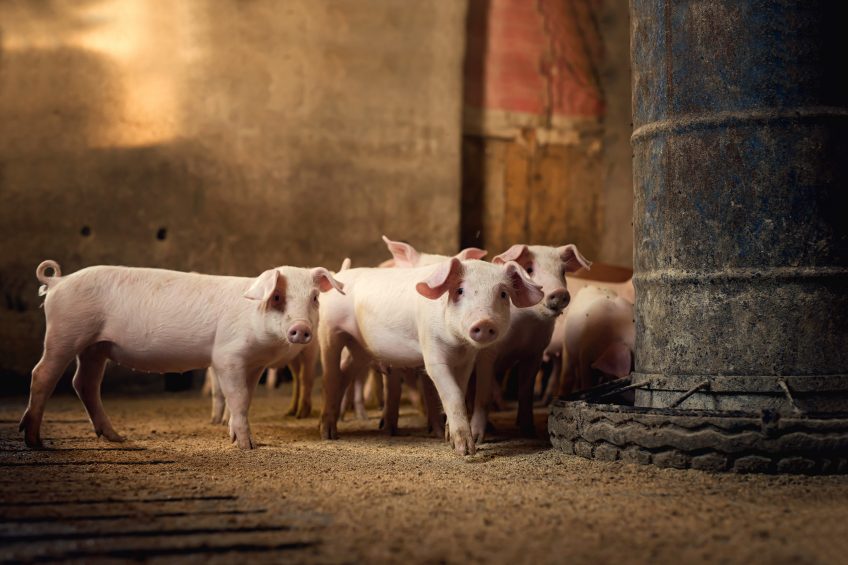
The European Union has banned zinc oxide to control diarrhoea in weaning pigs. There are at least 5 good reasons why it is better to stop using zinc oxide – especially since there are alternatives.
For decades high dosages of zinc oxide have been used in piglet nutrition to prevent weaning diarrhoea. However, current reports are highlighting its negative effects on animals’ performance and on the environment. Its contribution to the increase of antimicrobial resistance, the change on the piglets’ microbiota, accumulation of zinc ions in vital organs and environmental issues are the main reasons why the European Union decided to ban the use of zinc oxide by 2022.
 Increased antimicrobial resistance
Increased antimicrobial resistance
After 70 years of antibiotic use, bacteria developed many mechanisms that prevent them from being eradicated by drugs (antimicrobial resistance). These processes are mediated by genes that are expressed when the bacterium is exposed to a particular agent or environment. Recent literature has shown that, zinc oxide in feed and in the manure has a consistent function in the maintenance and proliferation of antibiotic-resistant genes. These genes can share its phenotypes in many environments and can have several clones that are related to the antimicrobial resistance mechanism developed (co-selection) against antibiotics and heavy metals like zinc used in swine production.
 Changed composition of gut microbiota
Changed composition of gut microbiota
The exposure to high dosages of zinc oxide, may cause a selection and a change in the intestinal microbial composition of piglets during the weaning phase. Figure 1 shows how dietary zinc oxide modulates the microflora of piglet by increasing the pathogenic Enterobacteriaceae group and decreasing the lactic acid producing population, negatively affecting piglet intestinal development and health. This is the most important reason why diarrhoea is often seen as soon as zinc oxide is removed from the diet.
 Accumulation in important vital organs
Accumulation in important vital organs
An imbalance of zinc homeostasis in the piglet’s body results in an accumulation of zinc ions in organs such as kidneys, liver, and pancreas. The liver is responsible for zinc absorption in the organism and can store high amounts of zinc. However, such high concentrations of zinc can be toxic, leading to stress responses impairing its metabolism. Damaging the liver in a very early stage will lead to impaired performance throughout the whole life of the piglet.
 Environmental issues
Environmental issues
Pig manure is frequently used as an organic fertilisers for soils. Through the manure large amount of zinc ions are spread in the soil and can reach the water, causing changes in the composition of these natural sources used by humans for cultivation of food and daily routine.
 A total approach as alternative
A total approach as alternative
Only a multifactorial approach will succeed in tackling these challenges. In order to reduce antibiotics and replace zinc oxide in swine production Nuscience offers a complete zero-approach including managerial support, nutritional expertise/optimisation and the feed additive Vitazero.
The strategy provides the piglet with an exogenous defence shield. A synergistic mixture of short and medium chain fatty acids kills pathogenic bacteria entering the stomach and regulates the intestinal flora by increasing Lactobacilli population. Purified medium chain fatty acids not only have a high antimicrobial activity increasing villus/crypt ratio but also improve overall immunity.
To prevent metabolic stress, a combination of natural anti-oxidants will lower the intestinal permeability and maintain the gut barrier. Finally an upgraded fibre concept agglutinates pathogens in the intestine creating a wash out effect and also blocks endotoxins from binding on intestinal receptors.
References available on request.
Author: Ana Caroline Fonseca, product development, Nuscience
Join 18,000+ subscribers
Subscribe to our newsletter to stay updated about all the need-to-know content in the pigsector, three times a week. Beheer
Beheer
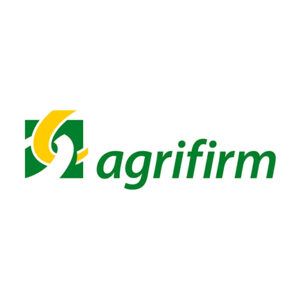
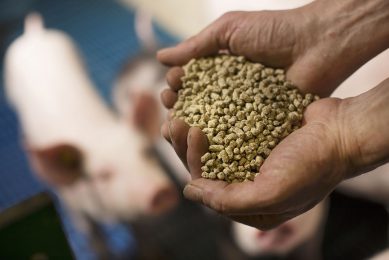
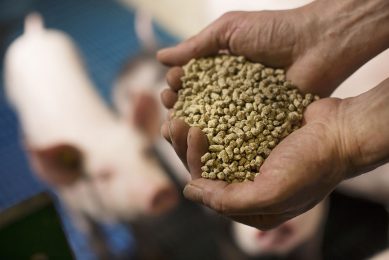
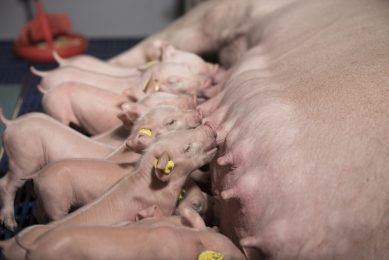

 WP Admin
WP Admin  Bewerk bericht
Bewerk bericht